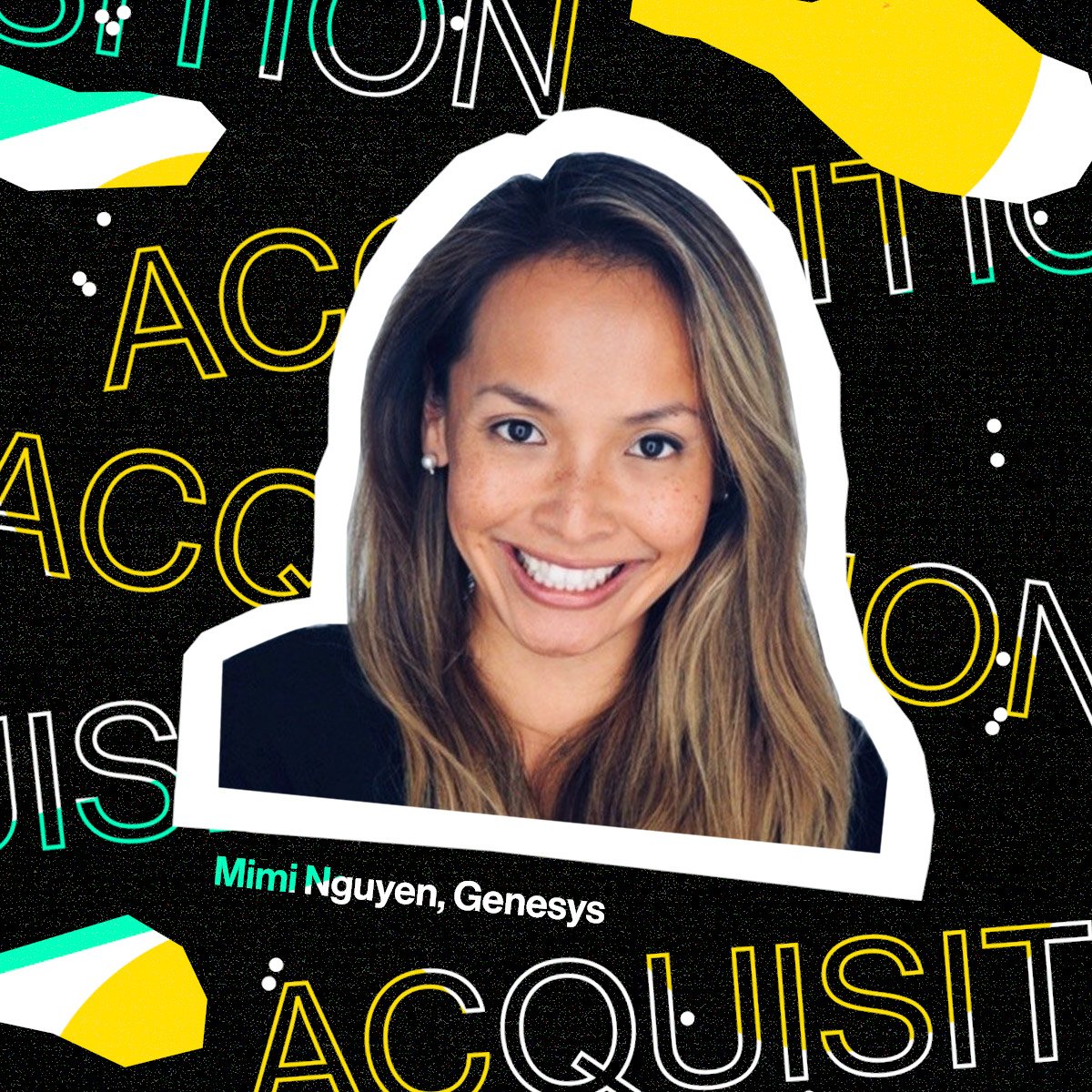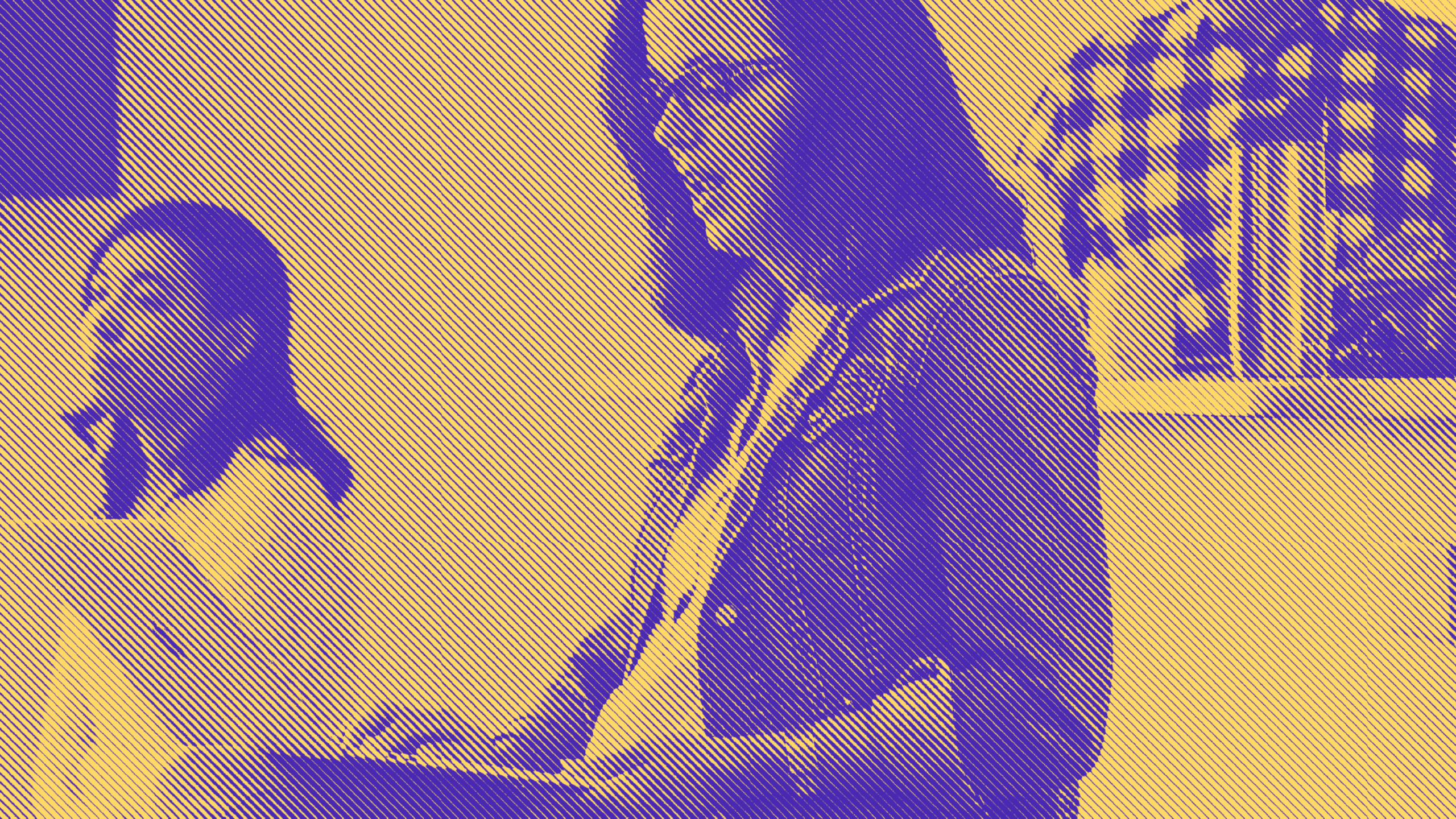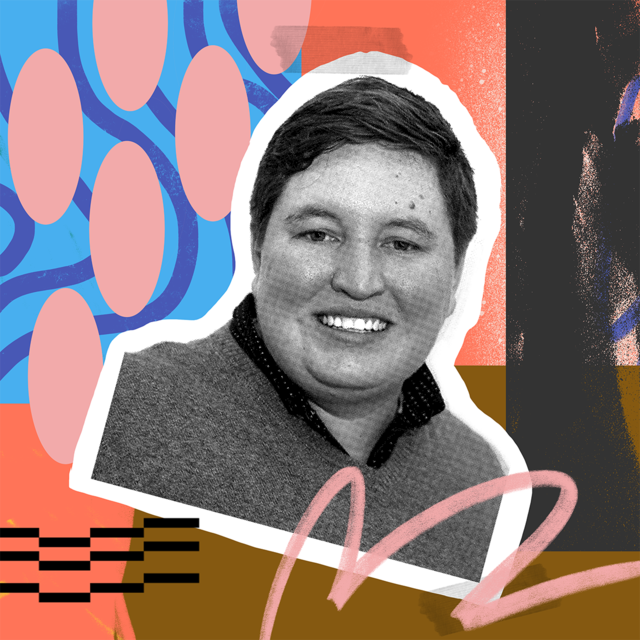
Acquisition Series | Mimi Nguyen from Genesys on Innovating Through Acquisition

How do you successfully manage products during an acquisition?
As we kick off a new year of Better Product, we want to focus on a topic that has come up often during our interviews: how do you manage products (and product teams) through acquisition? Acquisitions are a natural part of company growth, but they also present a number of challenges that can look very different depending on your situation.
In this first episode of this new series, we talk with Mimi Nguyen about Genesys’ acquisition of Interactive Intelligence in 2017 and what she learned during that transition. Mimi shares what it was like to go from having a team located in one city to working with a team that spans time zones. She also gives her insight into what the transition meant for Interactive Intelligence’s products and the product teams themselves.
Listen in to hear part one of our new series on managing products through acquisition.



